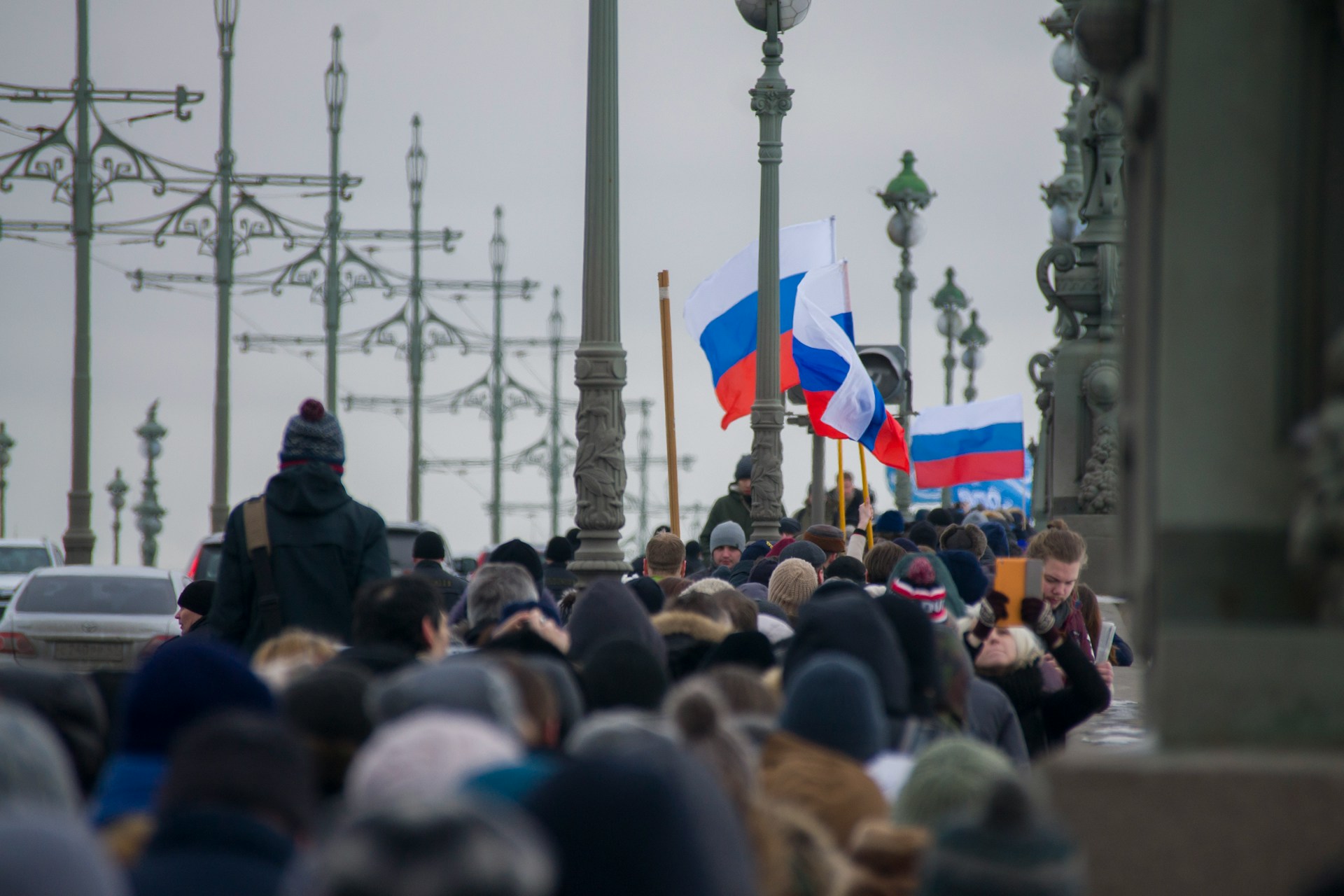News
Russians Deported by Trump Face Prison Back Home: Families Call Them Hostages

When Artem Vovchenko fled the Russian army in 2022, he believed he was escaping a war he wanted no part in. At 27, the soldier walked away from his post in Armenia as Moscow pushed thousands of young men into Ukraine. He crossed continents searching for safety, only to be swept into Donald Trump’s immigration crackdown in the United States.
Last month, Vovchenko was forced onto a deportation flight back to Russia. The moment he landed, he was detained by the FSB and now faces a seven-year prison sentence for desertion. For his family and friends, he is not just a defendant. He is a hostage.
A Dangerous Journey
Vovchenko’s ordeal was harrowing even before he touched Russian soil. On a stopover in Egypt, he tried to escape, terrified of what awaited him back home. Witnesses on the same flight said border guards caught and beat him. “He cried almost the entire flight with his hands tied behind the seat,” one passenger recalled.
He is not alone. Rights group Gulagu.net says dozens of Russians are deported from the US each month. Sixty-four people were on the same flight as Vovchenko. Many are former soldiers, activists, or ordinary citizens who fled after Vladimir Putin’s invasion of Ukraine in 2022 and the subsequent crackdown on dissent.
Dreams of America, Detention Instead
For thousands of Russians, the United States once represented hope. Many crossed into the country on foot through Mexico, seeking asylum. But as Washington hardened its borders under Joe Biden and later Trump, that dream turned into a dead end.
Deportation flights became routine. US data shows that since late 2023, about 40 Russians a month have been sent back. Activists argue these men and women aren’t just being returned home, they’re being handed over to prison cells.
Political Prisoners In The Making
Some of those deported are well-known activists. Leonid Melekhin, a 34-year-old father of two, was arrested in Perm after being sent back. His alleged crimes? Attending pro-Navalny rallies and hanging a poster calling for Putin to be hanged. He now faces up to five years in prison.
Friends say his courtroom apology where he described himself as a patriot was forced. “He is a hostage, saying whatever he needs to stay alive,” said ally Yuri Bobrov.
Others have managed narrow escapes. Former Navalny campaigner Yevgeny Mashinin was fined 35,000 rubles after being photographed with a Ukrainian flag. He later fled to France, where he is trying again for asylum. His warning to fellow exiles is blunt: “Go to Europe. They don’t jail everyone here.”
“Russia 2.0”
For activists like Vladislav Krasnov, who remains in the US but fears deportation, Trump’s policies feel chillingly familiar. “Trump is trying to destroy political asylum as an institution,” he said. “He’s building Russia 2.0.”
Exiled opposition leaders are now pleading with Canada and European nations to open their doors to Russians facing deportation from the US. Without intervention, they warn, more people will be forced into Putin’s prisons.
Public Reaction And Wider Context
The story has sparked outrage online, with human rights advocates accusing the US of betraying its values. On Russian-language Telegram channels, supporters call these deportees “the forgotten hostages of two presidents” men and women trapped between Trump’s politics and Putin’s repression.
Locally, commentators in Eastern Europe have noted the irony: the US, long a safe haven for political exiles, is now accused of sending dissidents back into the hands of the regimes they fled.
For Vovchenko and others like him, the dream of freedom has turned into a nightmare of prison walls. Their stories are reminders that immigration policies are never just about numbers. They are about human lives, caught between two powerful nations and paying the price.
Source:EWN
Follow Joburg ETC on Facebook, Twitter , TikTok and Instagram
For more News in Johannesburg, visit joburgetc.com



























